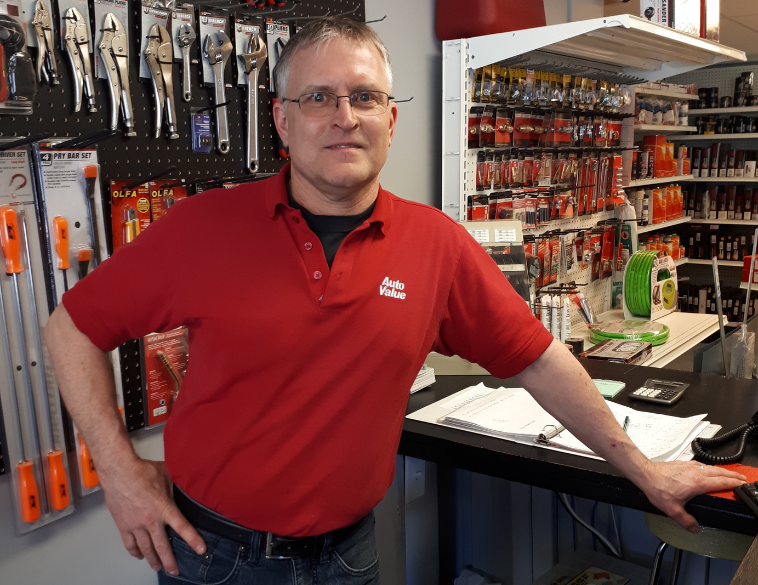The relationship between the Jobber and his customer has always been important in the automotive aftermarket. It’s part of how business is usually done.
We thought this was a great topic and so as a successful Jobber, when we asked about “knowing your customer”, we wanted to know what some of the key things Jobbers needed to consider were. Again, we went to Jobbers from St. John, New Brunswick, Calgary, Alberta and Edmonton, Alberta and spoke with Rick Hamil, Auto Value, St. John; Ameen Suleman, Ameen’s Auto Parts, and partners Scott Stabl and Mark Haner of Autoparts Authority.
When asked that question, Rick Hamil stated, “Priorities—some customers are price driven, others quality, some are brand specific,” whereas Ameen said, “I believe in giving the best possible service to every customer.” Mark and Scott replied that “Customer relations are vital! Understanding what priorities your customers have allow you to tailor your service offering!” Some quite different—but somewhat similar—answers there!
Client volume and frequency
We also questioned how client volume and frequency impact service, for example, and do you offer premium services or opportunities for high volume and loyal ASP customers. “Again, I try and provide the best possible service to every customer,” Ameen responded. Rick Hamil said that high volume customers often select a program to meet their needs. Some customers are more costly to do business with—services and opportunities for them are done accordingly.

We went on to ask these Jobbers if they found that progressive ASPs tend to have a different approach when it comes to ordering parts from their jobbers, and if so, can you tell us a little about that? Ameen told us that progressive ASPs tend most to order online and Scott followed that by saying, “The online ordering and lookup has changed the progressive ASPs who have access to many jobbers and easily switch back and forth between suppliers to find options for their customers. Hamil stated that an ASP with programs in place does not seem to react to pricing like others do, so prices tend to vary.
If applicable, what are some things to consider both for professional customers (service shops, technicians) and also DIY clients we wanted to know. Ameen stated that having experienced/knowledgeable parts people is very important. Rick added that their level of knowledge affects an ability to look up parts, affects how they shop, so our challenges differ depending on this.
Customer service practices
We then asked about customer service practices they may have adopted/introduced as a result of the pandemic—and have those practices had a significant positive impact on their business. Scott stated, “We really have tried to maintain our service offering.” Hamil said he didn’t really think it had any positive impact on his business, that they continue to shop hard for their inventory and offer the customer the best deal they can. In that respect, he feels business has been good as a result! Ameen revealed that he didn’t adopt or introduce any new customer practices.
Asked if they had anything else they would like to bring up, Scott noted that “During this period we have seen many warehouses prioritize their customers. If product comes in some organizations decided (chose) which customer would get stock and which wouldn’t. You really need to have a warehouse that you trust otherwise you will be operating at a disadvantage.” Sounds like a plan! And Rick Hamil had this to say, “Customers are all individuals, meeting their needs is the task at hand.”
Well said and some practices to take to your business about knowing your customer if you haven’t already!




